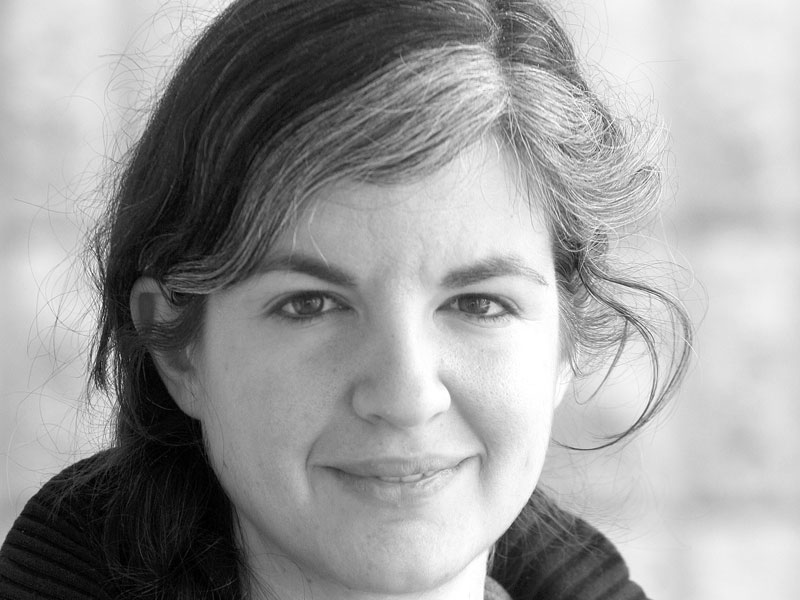Columnists
Slow news

It was with some trepidation that I accepted to writing this column. I had learned that journalists should never present their personal views. They must be completely objective, examine and report on all sides of a story with unbiased clarity.
That is a commendable pursuit, and sometimes (I hope) I succeed. But I’ve since learned it’s also not always an attainable, or desirable, goal. And that’s okay.
Any intelligent person who investigates an issue with enough depth to be able to clearly understand it and relay it to the public will inevitably develop an opinion about it. We are not robots, and the things we experience affect us.
Whether it’s done consciously or, more likely, because tone is naturally affected by emotions, arguably all news is biased.
That’s always been the case, from the first human beings who communicated observations to their tribes to modern news reporters.
But bias doesn’t devalue news. Although the news we consume is created by editors and reporters with a vast array of political and ethical opinions, and although those may affect what and how stories are covered, news tells us things we need to know in a functional democracy: It tells us what policies our politicians are making and reports on the actions organizations and individuals take that affect us all.
Without it, there would be nothing left but gossip. Already we’ve seen the real-world implications of a society that doesn’t value truthful news reporting over links shared on social media. And in totalitarian states, we see the effect of news that is either controlled by the state or ostracized completely.
People get frustrated with what media outlet sometimes call news. Stories that are pointless and lead to the remark that it must’ve been a slow news day. Or worse, stories that sensationalize violence and suffering with little to no benefit to the public.
The news is a peculiar business. And it is a business. It relies on advertisers and consumers to continue, and requires that journalists consistently produce content in order to remain viable. Some of that content may be hard to defend, but a slow news day is like a slow day at a shop—the doors must nevertheless remain open.
But as the value of news content comes into question, whether for its bias or its gratuitousness, we should remember that its existence is part of the reason we feel free to question it. The dissemination of information, with whatever bias its author may have, is a function of a free, democratic society. So is the responsibility to bear the burden of disseminating that information when it’s false or prejudiced.
Personally, I’m going to embrace my biases. They exist, because I’m human. But I’d question anyone who criticizes me for them when they come out in my writing. Is that wrong? After all, biased news is better than none at all.
mihal@mihalzada.com

Comments (0)